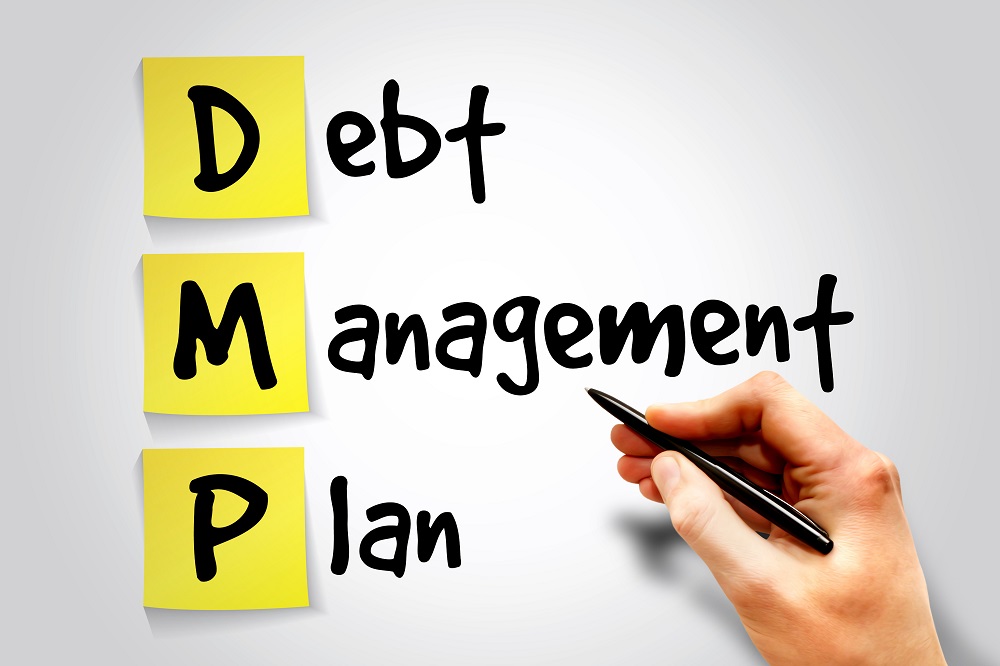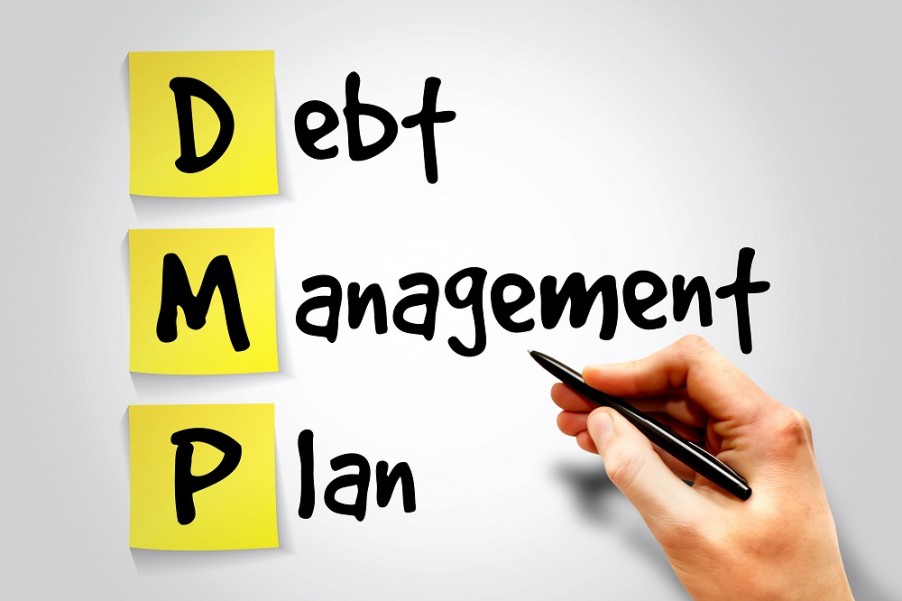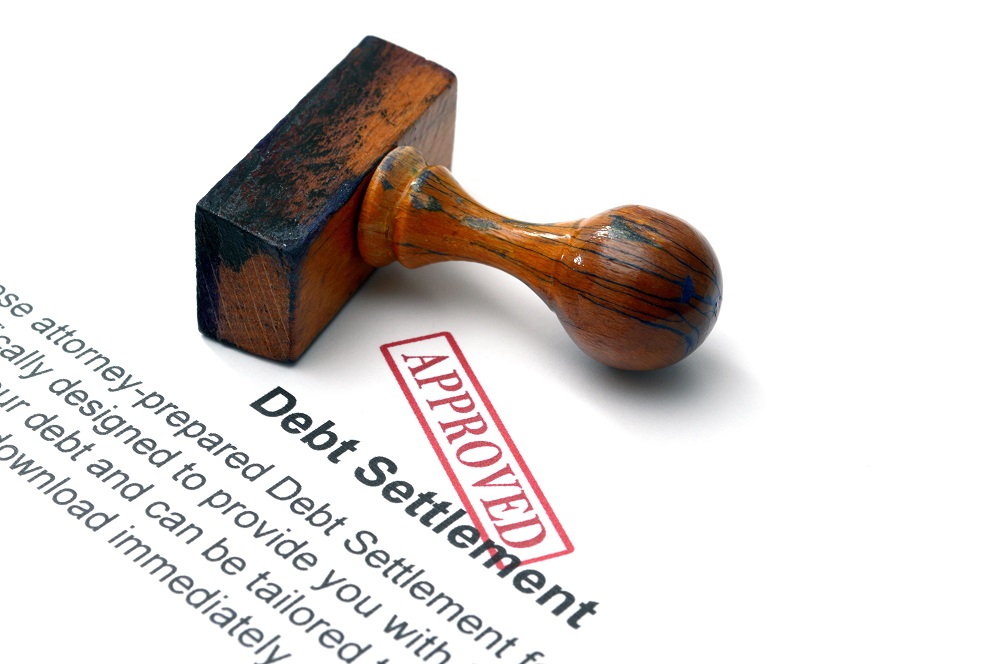Introduction
 Timing is everything. While we are often encouraged to “strike while the iron is hot” and avoid unnecessary delay, attempting to take advantage of an opportunity too early can often result in consequences that are just as undesirous as if we had waited too long. This is true in debt settlement negotiations as well. Knowing when you should make your debt settlement offer can sometimes make the difference between whether your proposed plan is accepted or rejected. For more tips on the best time to propose a debt settlement plan see the article from the Consumer Financial Protection Bureau.
Timing is everything. While we are often encouraged to “strike while the iron is hot” and avoid unnecessary delay, attempting to take advantage of an opportunity too early can often result in consequences that are just as undesirous as if we had waited too long. This is true in debt settlement negotiations as well. Knowing when you should make your debt settlement offer can sometimes make the difference between whether your proposed plan is accepted or rejected. For more tips on the best time to propose a debt settlement plan see the article from the Consumer Financial Protection Bureau.
Overview of Debt Collection
Before discussing the ideal times to make a debt settlement offer, it may be helpful to review how creditors go about collecting outstanding debt. No two creditors are alike and the terms of each person’s agreement with a particular creditor may be slightly different. Nonetheless, the typical unsecured creditor card debt would be addressed in this way:
- 1-30 days past due date: During this time, the debtor may have a “grace period” in which to make the past due payment with no penalty. The creditor may not be too worried at this point about the debtor’s missed payment (but this, of course, depends on the relationship and history between the parties). The creditor may place a phone call to the debtor reminding him or her about the missed payment, or the creditor may send a reminder letter.
- 31-90 days past due date: The creditor is becoming increasingly concerned about the debtor’s missed payment. As time goes on, the creditor may begin to wonder whether the debtor is able to make the missed payment up at all. Collection efforts have increased to regular phone calls and letters. During this time, the creditor may suggest that the debtor takes advantage of debt consolidation or other alternatives.
- 91-180 days past due date: At some point the creditor will send a demand letter to the debtor indicating that the full balance of the account is due immediately. The creditor may continue with collection efforts and may continue to offer alternatives to the debtor (such as agreeing to lower the interest rate on the obligation). In most cases, an obligation that is 180 days past due is “written off” as bad debt by the creditor. This means that the creditor has determined that he or she is not likely to recover the obligation and has decided to report the debt as a business loss on his or her tax returns. This does not mean that the debtor no longer owes the debt; instead, it merely means that the creditor is preparing to cease its own collection activities and sell the debt to an outside collection agency.
- 181+ days past due date: Once the debt has been written off by the original creditor, the creditor is likely to sell the debt to an outside collection agency who will then attempt to obtain as much payment for the debt as possible. If this does not work, the collector may decide to file a civil suit and recover the amount of the obligation, his or her attorney’s fees, and other costs of the suit.
Knowing all of this, the best time to propose a debt settlement plan is somewhere beyond 60 days past due but before the point at which the creditor will write the debt off. Wait less than 60 days and the creditor is likely to think that you can in fact pay your debt but you want a simple and cheap solution. If you wait until after the account has been charged off, or worse until after a lawsuit has been filed against you, the creditor often has no incentive to bargain with you.




